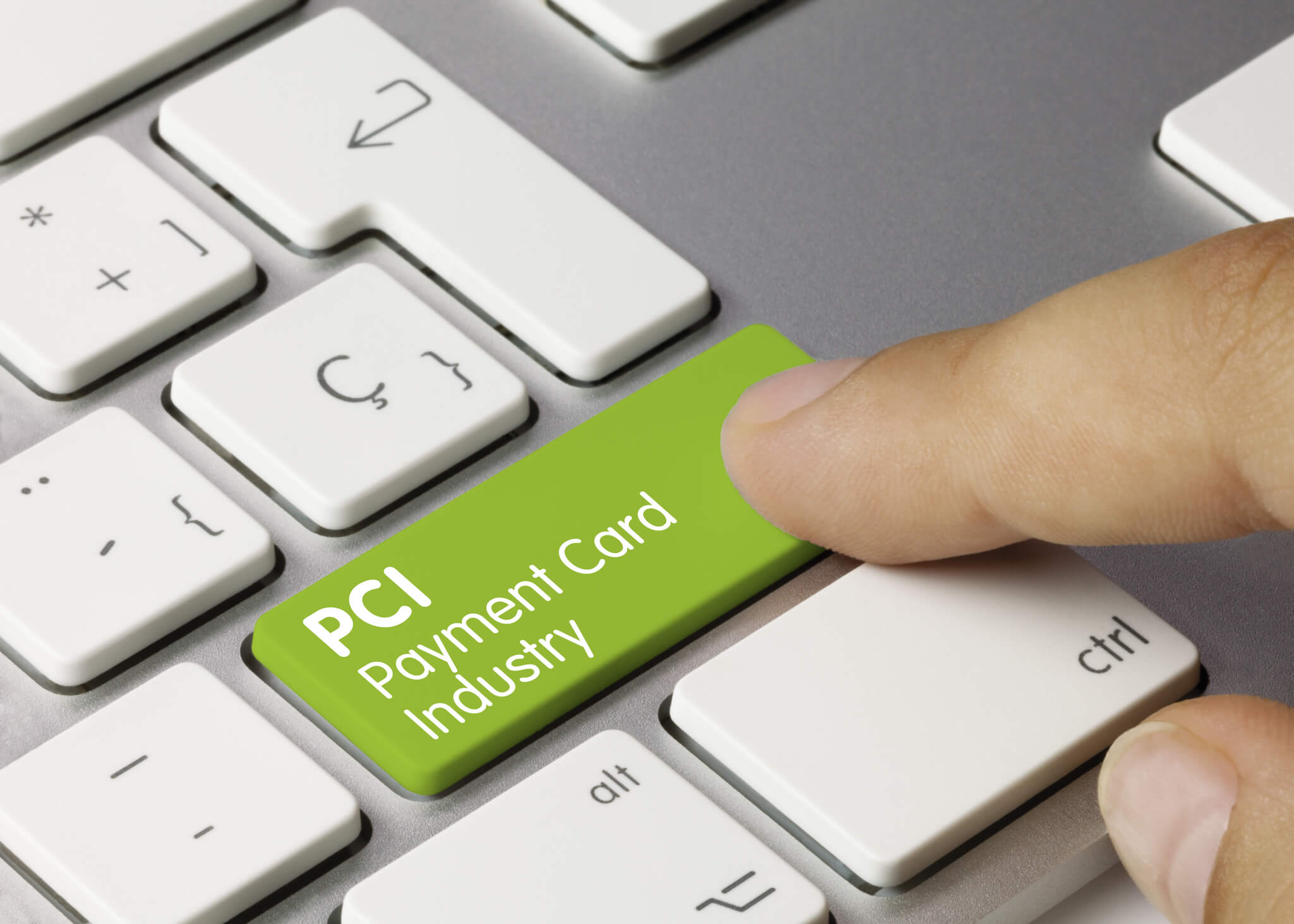
By admin August 12, 2024
In recent years, the CBD oil industry has experienced significant growth and popularity. With the increasing demand for CBD products, businesses in this sector must prioritize the security and protection of customer payment information. This is where PCI compliance comes into play. PCI compliance, or Payment Card Industry Data Security Standard compliance, is a set of security standards established by major credit card companies to ensure the safe handling of sensitive customer data.
In this comprehensive guide, we will explore the importance of PCI compliance for CBD oil businesses, the consequences of non-compliance, key requirements for achieving compliance, best practices for implementing secure payment processing systems, choosing the right payment service provider, common challenges, and solutions, and address frequently asked questions about PCI compliance in the CBD oil industry.
What is PCI Compliance and Why is it Essential for CBD Oil Businesses?

PCI compliance refers to the adherence to a set of security standards established by major credit card companies, including Visa, Mastercard, American Express, and Discover. These standards are designed to protect customer payment information and prevent data breaches. For CBD oil businesses, PCI compliance is essential for several reasons.
Firstly, compliance with PCI standards helps businesses build trust and credibility with their customers. With the increasing number of data breaches and cyberattacks, customers are becoming more cautious about sharing their payment information online. By demonstrating PCI compliance, CBD oil businesses can assure their customers that their sensitive data is being handled securely.
Secondly, non-compliance with PCI standards can result in severe legal and financial consequences. In the event of a data breach, businesses that are not PCI compliant may face hefty fines, legal fees, and potential lawsuits. These costs can be detrimental to the financial stability and reputation of CBD oil businesses.
The Consequences of Non-Compliance: Legal and Financial Risks for CBD Oil Businesses
Non-compliance with PCI standards can have severe legal and financial consequences for CBD oil businesses. In the event of a data breach, businesses that are not PCI compliant may face significant fines imposed by credit card companies. These fines can range from a few thousand dollars to millions of dollars, depending on the scale and severity of the breach.
In addition to fines, non-compliant businesses may also be subject to legal fees and potential lawsuits from affected customers. These legal battles can be time-consuming, costly, and damaging to the reputation of the business. Moreover, the negative publicity surrounding a data breach can lead to a loss of customer trust and loyalty, resulting in a decline in sales and revenue.
Key Requirements for Achieving PCI Compliance in the CBD Oil Industry
To achieve PCI compliance in the CBD oil industry, businesses must meet several key requirements. These requirements are categorized into six main objectives, known as the PCI DSS (Payment Card Industry Data Security Standard) requirements. These requirements include:
- Build and Maintain a Secure Network: CBD oil businesses must install and maintain a firewall configuration to protect cardholder data. They should also change default passwords and security parameters to prevent unauthorized access.
- Protect Cardholder Data: Businesses must encrypt cardholder data during transmission and storage. This can be achieved through the use of secure protocols and encryption algorithms.
- Maintain a Vulnerability Management Program: Regularly update and patch systems to protect against known vulnerabilities. Conduct regular vulnerability scans and penetration tests to identify and address any weaknesses in the network.
- Implement Strong Access Control Measures: Limit access to cardholder data to only authorized personnel. Assign unique IDs to each employee and implement two-factor authentication for remote access.
- Regularly Monitor and Test Networks: Implement a system for monitoring and logging all access to cardholder data. Regularly test security systems and processes to ensure their effectiveness.
- Maintain an Information Security Policy: Develop and maintain a comprehensive security policy that addresses all aspects of the business’s information security. This policy should be communicated to all employees and regularly reviewed and updated.
Implementing Secure Payment Processing Systems: Best Practices for CBD Oil Businesses
Implementing secure payment processing systems is crucial for CBD oil businesses to achieve PCI compliance. Here are some best practices to consider:
- Use a Secure Payment Gateway: Choose a payment gateway that is PCI compliant and offers robust security features. The payment gateway should encrypt customer data during transmission and store it securely.
- Tokenization: Implement tokenization, which replaces sensitive cardholder data with a unique identifier or token. This ensures that customer payment information is not stored in the business’s systems, reducing the risk of data breaches.
- Secure Network Infrastructure: Ensure that the business’s network infrastructure is secure by using firewalls, intrusion detection systems, and regular vulnerability scans. Regularly update and patch systems to protect against known vulnerabilities.
- Employee Training: Train employees on the importance of PCI compliance and best practices for handling customer payment information. Regularly educate employees on the latest security threats and provide them with the necessary tools and resources to protect customer data.
Choosing the Right Payment Service Provider for PCI Compliance in the CBD Oil Sector
Choosing the right payment service provider is crucial for CBD oil businesses to achieve PCI compliance. Here are some factors to consider when selecting a payment service provider:
- PCI Compliance: Ensure that the payment service provider is PCI compliant and adheres to the latest security standards. Request documentation and certifications to verify their compliance.
- Data Security: Evaluate the provider’s data security measures, including encryption protocols, tokenization, and secure storage practices. The provider should have robust security measures in place to protect customer payment information.
- Integration and Compatibility: Consider the provider’s compatibility with your existing systems and software. Ensure that the payment service can seamlessly integrate with your website or point-of-sale system.
- Customer Support: Choose a payment service provider that offers reliable customer support. In the event of any issues or concerns, it is essential to have access to prompt and knowledgeable support.
Common Challenges and Solutions in Achieving PCI Compliance for CBD Oil Businesses
Achieving PCI compliance can be challenging for CBD oil businesses. Here are some common challenges and solutions:
- Limited Resources: CBD oil businesses, especially small and medium-sized enterprises, may have limited resources to invest in security measures. To overcome this challenge, businesses can prioritize their security investments based on risk assessment and seek cost-effective solutions.
- Complex Regulatory Environment: The CBD oil industry operates in a complex regulatory environment, with varying regulations and restrictions across different jurisdictions. To navigate this challenge, businesses should stay updated on the latest regulations and seek legal advice to ensure compliance.
- Third-Party Service Providers: CBD oil businesses often rely on third-party service providers for various functions, such as website hosting and payment processing. It is crucial to ensure that these providers are also PCI compliant and adhere to the necessary security standards.
Frequently Asked Questions (FAQs) about PCI Compliance for CBD Oil Businesses
Q.1: What is PCI compliance?
PCI compliance refers to the adherence to a set of security standards established by major credit card companies to ensure the safe handling of sensitive customer data.
Q.2: Why is PCI compliance important for CBD oil businesses?
PCI compliance is important for CBD oil businesses to protect customer payment information, build trust with customers, and avoid legal and financial consequences.
Q.3: What are the consequences of non-compliance with PCI standards?
Non-compliance with PCI standards can result in significant fines, legal fees, potential lawsuits, and damage to the reputation of the business.
Q.4: What are the key requirements for achieving PCI compliance in the CBD oil industry?
The key requirements for achieving PCI compliance in the CBD oil industry include building and maintaining a secure network, protecting cardholder data, maintaining a vulnerability management program, implementing strong access control measures, regularly monitoring and testing networks, and maintaining an information security policy.
Conclusion
In conclusion, PCI compliance is of utmost importance for CBD oil businesses to protect customer payment information, build trust with customers, and avoid legal and financial consequences. By adhering to the key requirements for achieving compliance, implementing secure payment processing systems, choosing the right payment service provider, and addressing common challenges, CBD oil businesses can ensure the security and protection of sensitive customer data. It is crucial for businesses in this industry to prioritize PCI compliance to maintain their reputation, customer trust, and long-term success in the rapidly growing CBD oil market.

